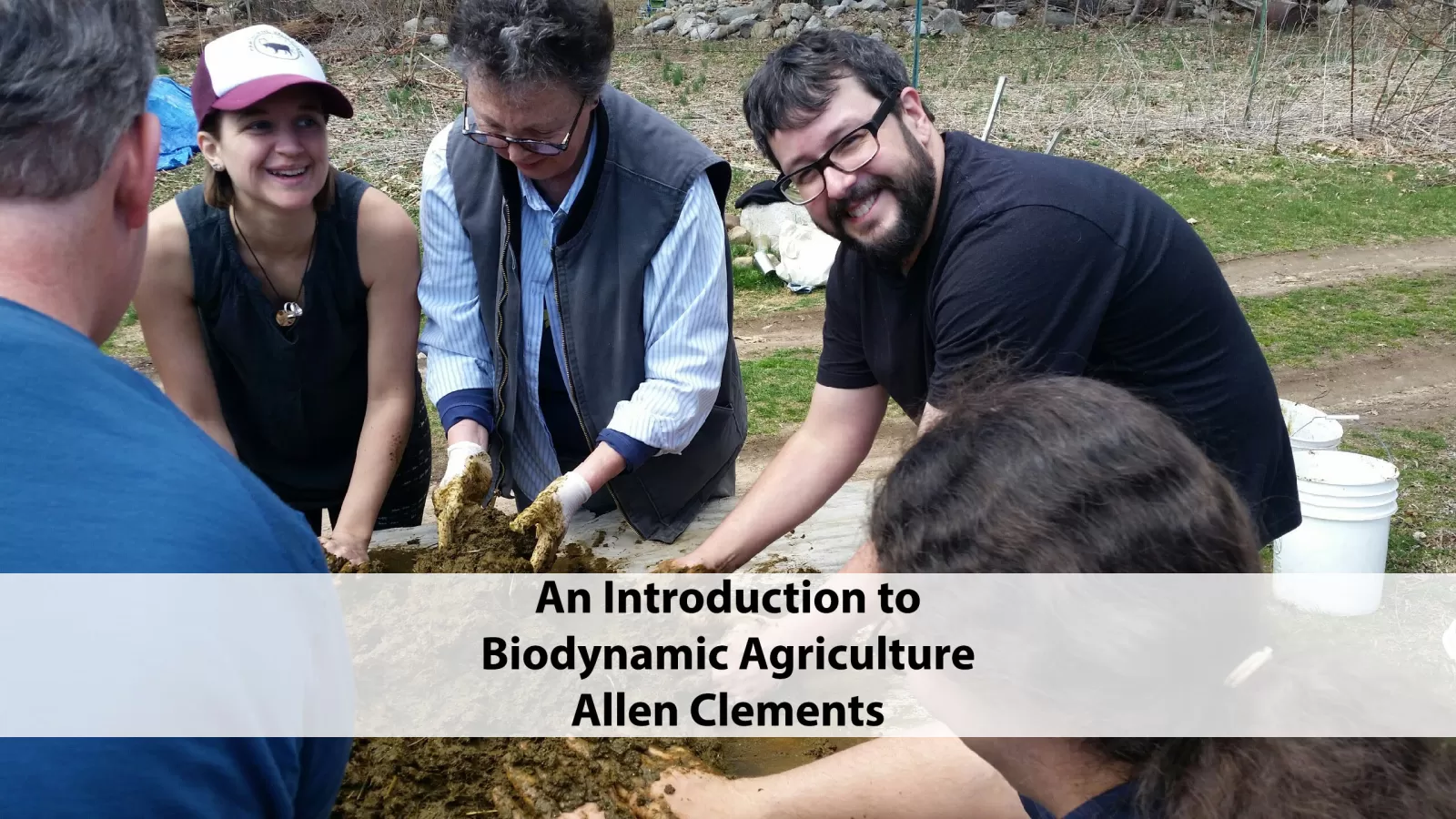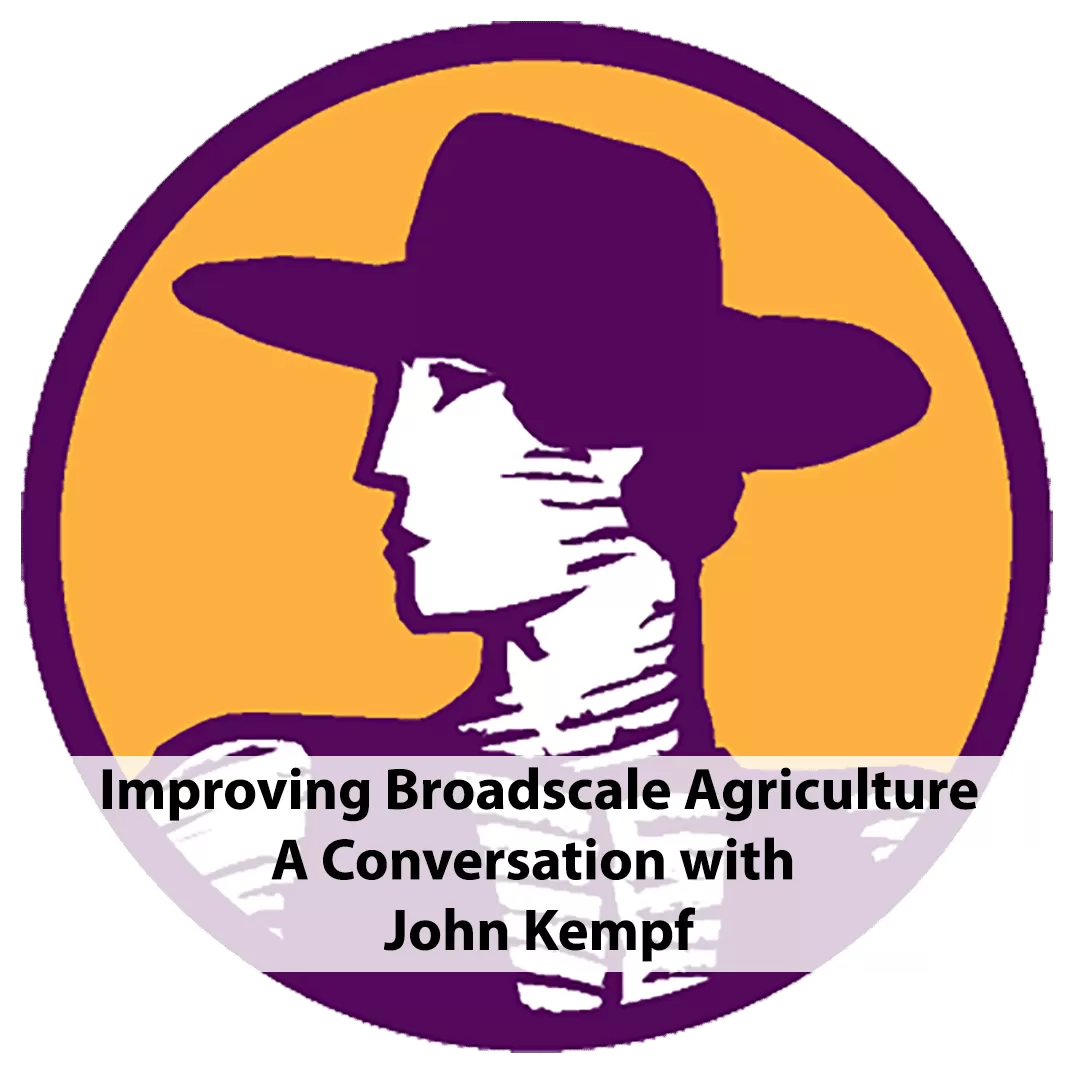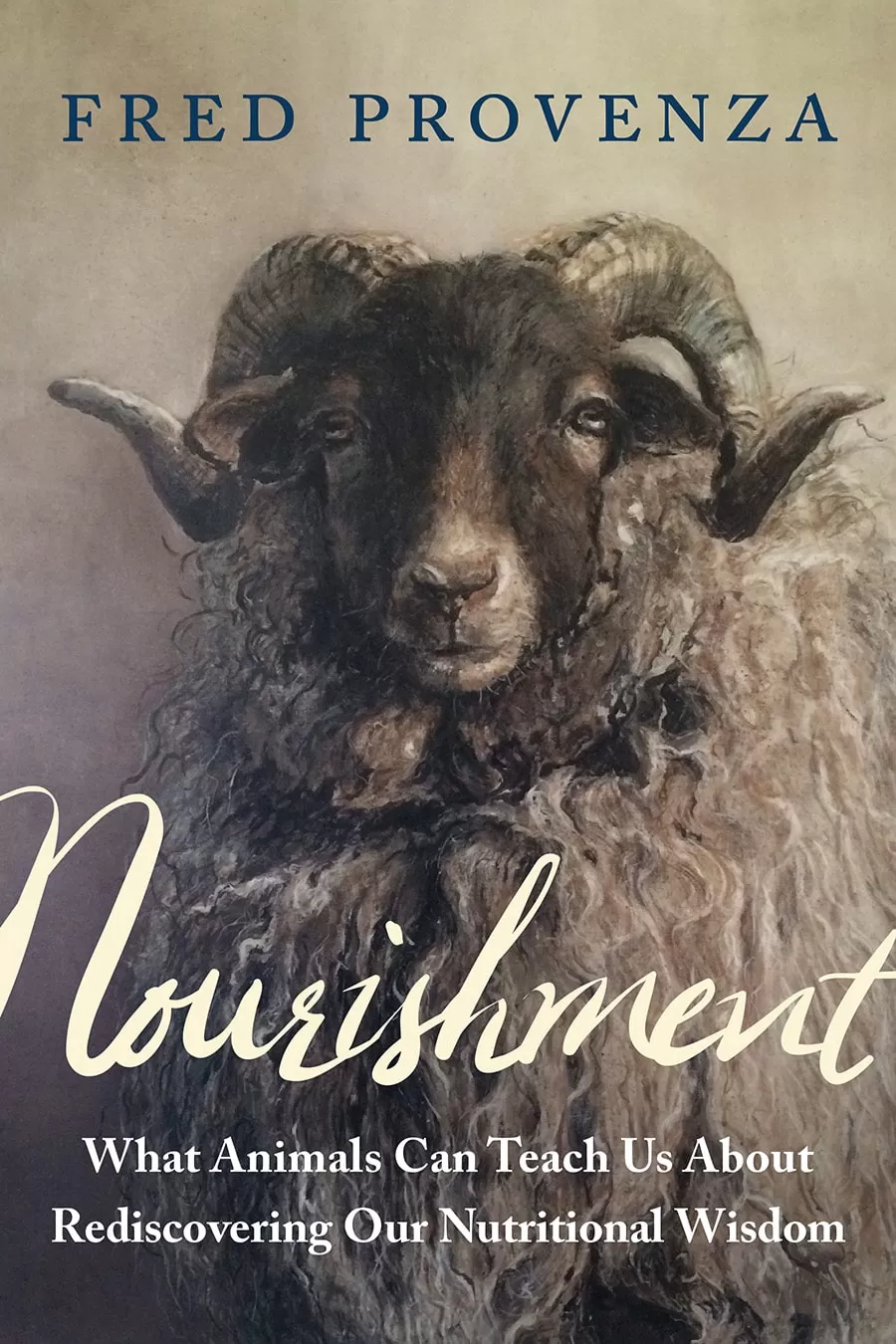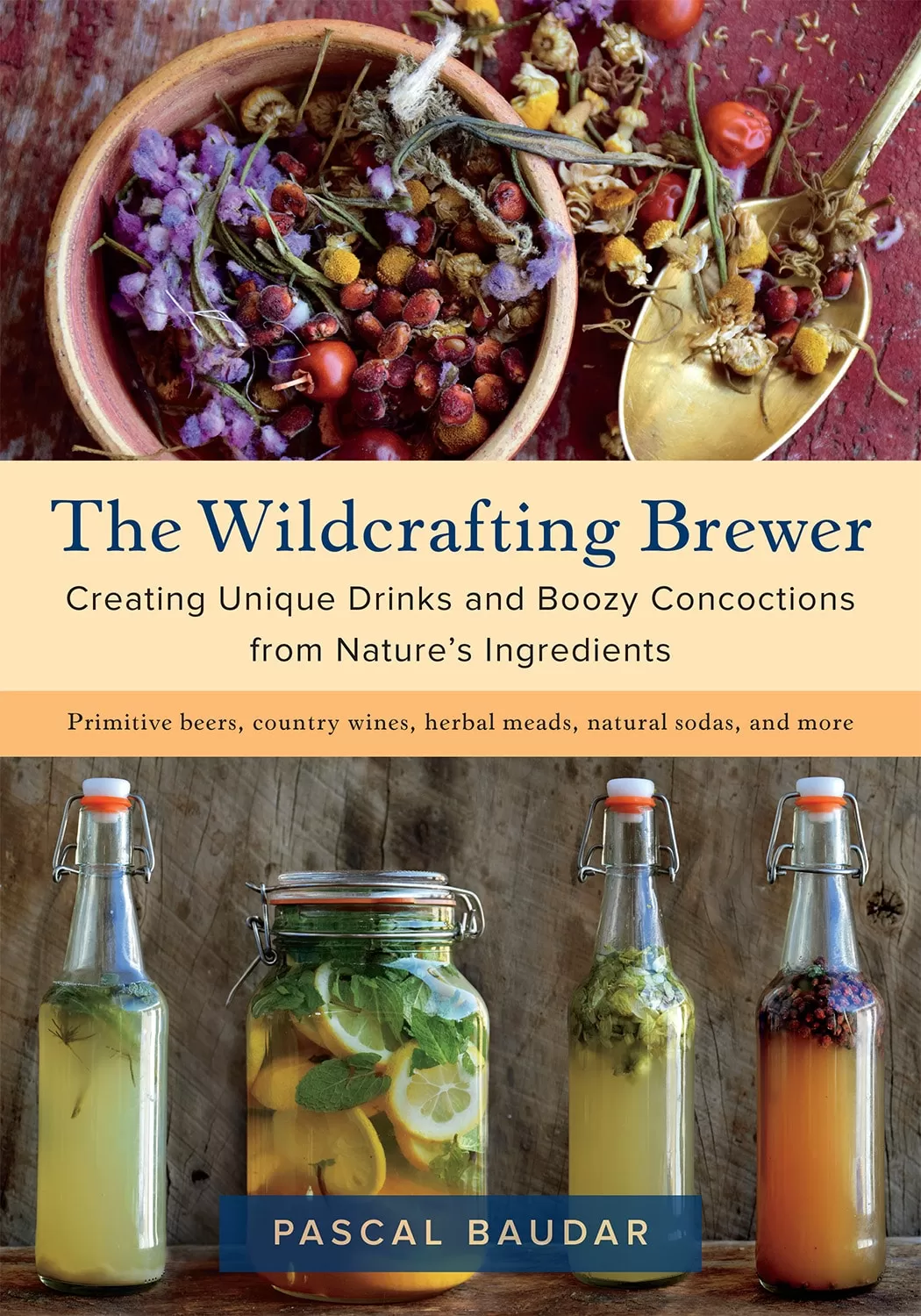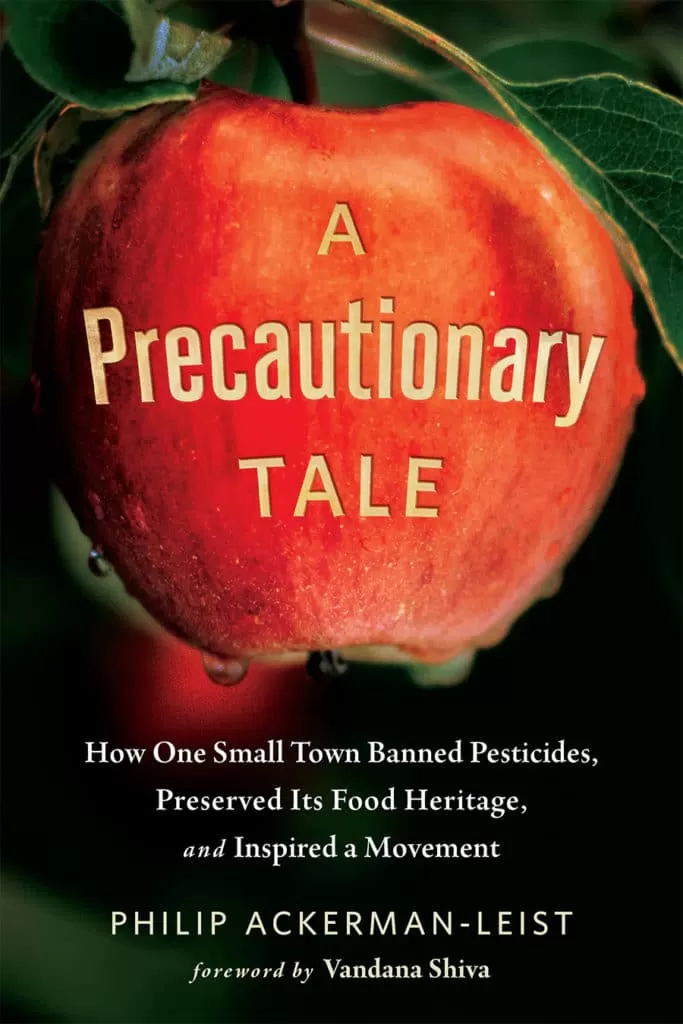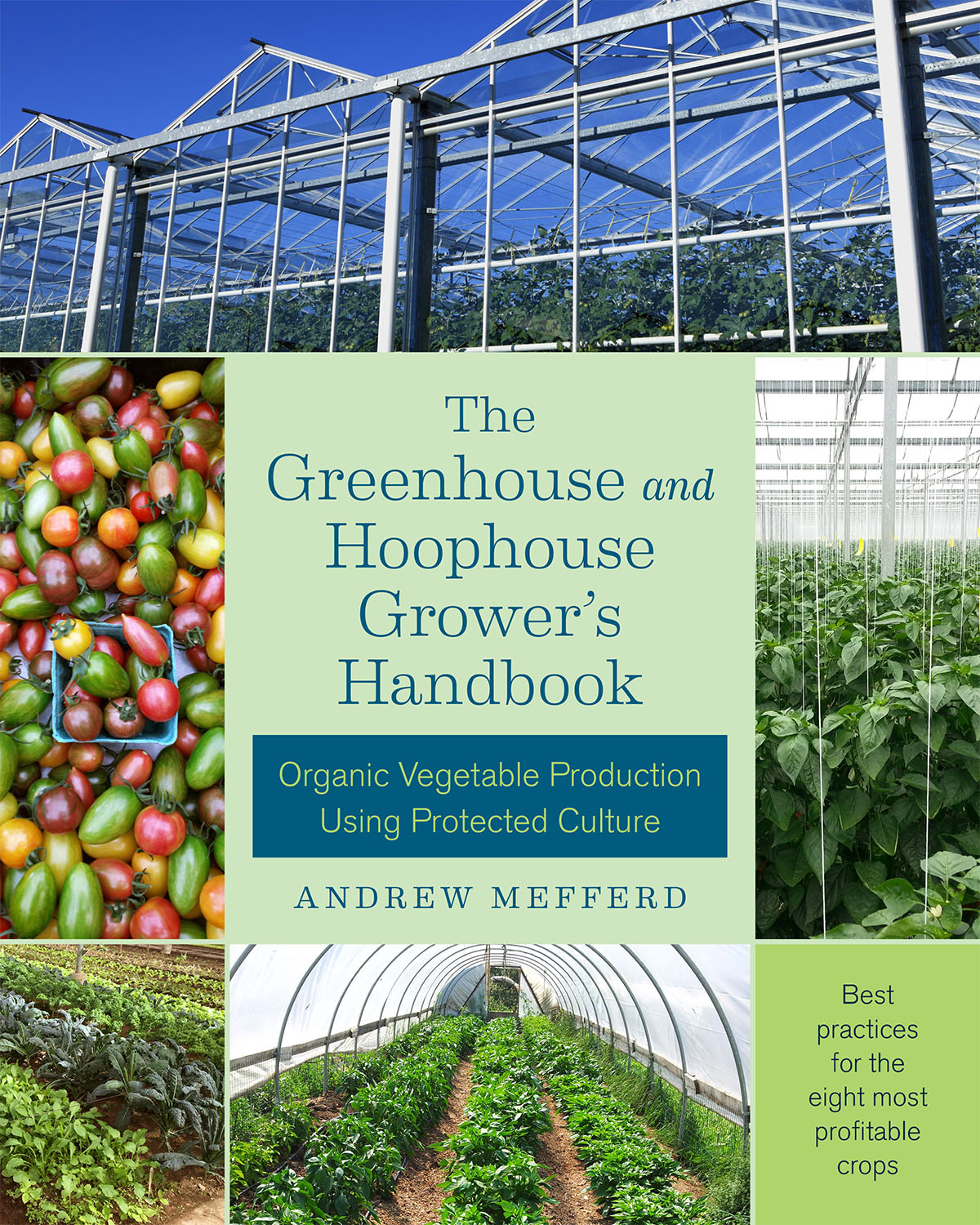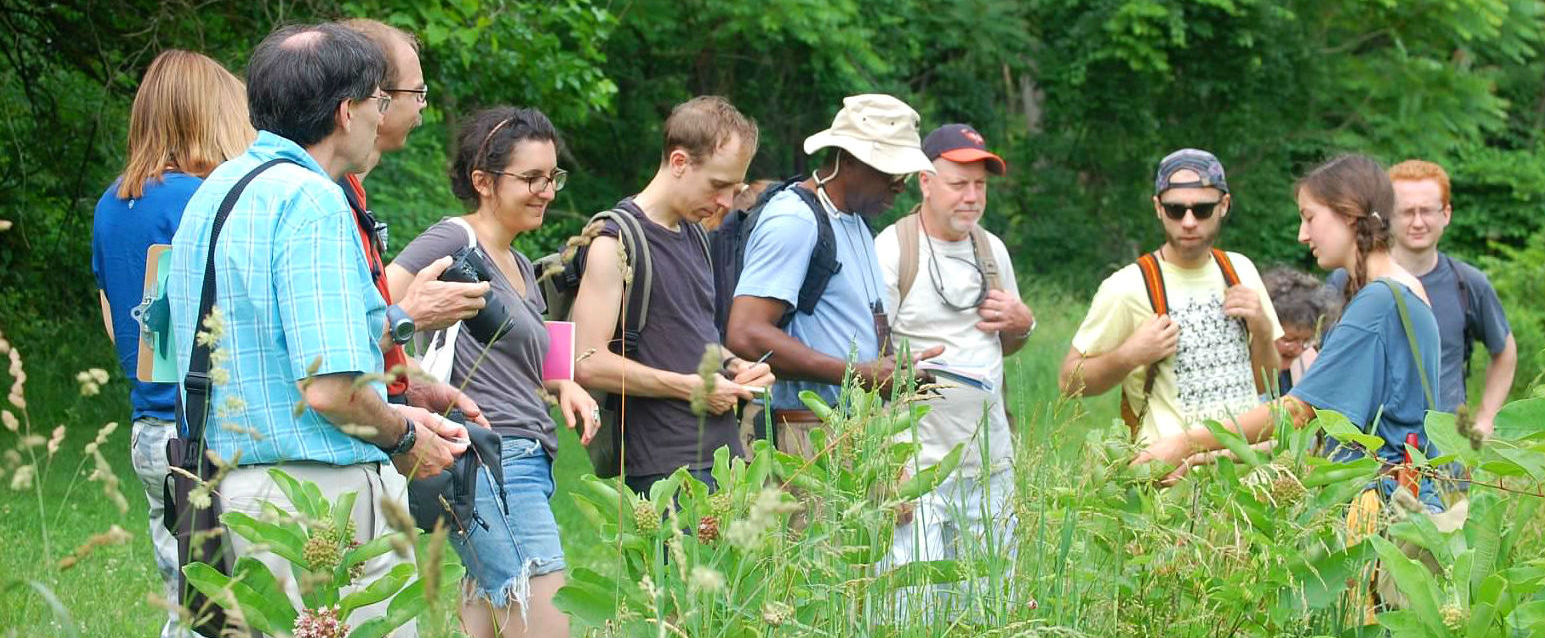Natural Farming and Masanobu Fukuoka
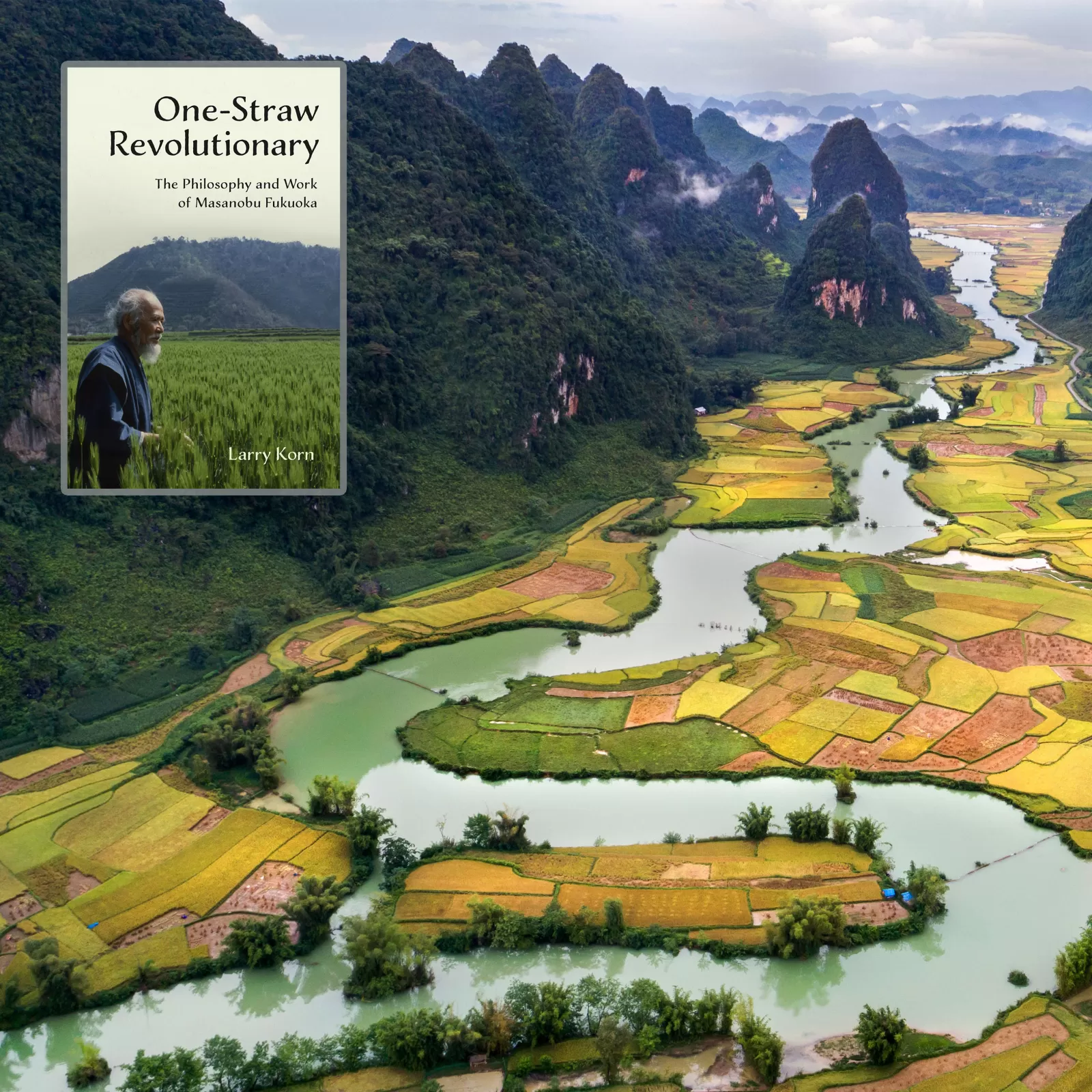
This episode begins with a history lesson on Natural Farming and the work of Masanobu Fukuoka and leads into a conversation comparing and contrasting that method and his ideas to Permaculture, delivered in the voice and words of someone who was present in both movements from their earliest days, the late Larry Korn.
Larry lived and studied at Mr. Fukuoka’s Farm in Japan in the 1970s and was personally responsible for translating and then getting The One-Straw Revolution published by Rodale Press. Larry also studied Permaculture with Bill Mollison’s during one of Bill’s first, if not the first, Permaculture Design Course in the United States in the early 1980s, and continued to teach permaculture and natural farming throughout his life.
Larry passed away in November 2019, but his life and legacy live on in his translations of The One-Straw Revolution and Sowing Seeds in the Desert, as well as his own book examining the life and philosophy of Masanobu Fukuoka, The One-Straw Revolutionary, published in 2015 with Chelsea Green Publishing. He also left an indelible impression on the thousands of people he personally influenced through his teaching, mentoring, and friendship.
I feel fortunate to count myself among that group, as Larry checked in with me over the years to continue the conversation you heard today, off-air. His influence continues on-air as my path leads ever more towards starting with designing ourselves and our lifestyles before moving out into the landscape. Or in the broad conversations about philosophy and ethics and then recommending where you can find more specific resources that focus on technique.
The One-Straw Revolution remains the book first book I recommend every new permaculture practitioner reads before moving on to any of the other permaculture texts. You can read more about that book and my other reading list at thepermaculturepodcast.com/firstreads to see why this book matters and more from that list.
Are there any permaculture practitioners who influenced you early in your journey that you still find reflected in your everyday practice?
Let me know who that was and how they changed your thoughts at that time and continue to do so by leaving a comment below.
Until the next time, remember your teachers and mentors, while taking care of Earth, yourself, and each other

